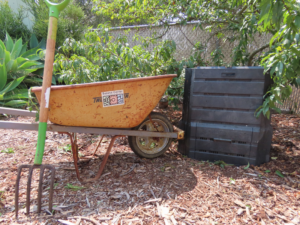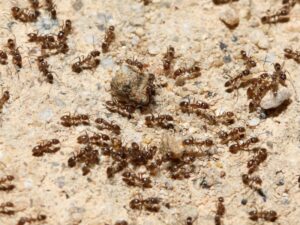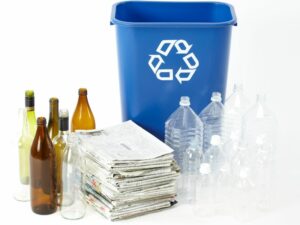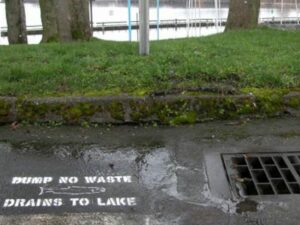Posts by admin
From the Rotline: How Long Until My Compost Is Ready To Use?
Rotline Question: How long will it take until my compost is ready to be used? Answer: The timeline for composting depends on a number of factors. There are three basic approaches to composting which can be mixed and matched based on resources available and the composter’s goals. They are passive composting, active composting, and hot…
Read MoreHow to Save Your Worm Bins From Aggressive Ants
How do you save your worm bins from aggressive ants? To find the answer, we asked our summer college interns, Maddie and Kelly, to investigate. The worm bins at Solana Center recently experienced an increase in ant populations, possibly due to the decomposing food source and the moisture the bins provided. Although most species of ants will not harm…
Read MoreRecycling – Why is it important?
Recycling conserves natural resources and lets us skip the harmful extraction and refining process that goes into making products from virgin materials. Making stuff from the materials of other stuff uses less energy and water and stops that stuff from filling our landfills. Recycling one… Plus, recycling accounts for 3.1 million jobs in the U.S.…
Read MoreMethods to Reduce Waste
Waste occurs in many areas of a business, but each cause of waste has a myriad of solutions that will reduce waste, save money, and build a more dedicated team and customer following. Once you understand what is being wasted in your business and why, you can begin to reduce this waste by implementing some…
Read MoreUnderstanding Your Business’s Waste
The first and most important step to reducing waste is understanding what you are wasting and why. Food waste from restaurants can occur before the food is served from over-ordering ingredients, improper storage, and inefficient menus, or after the customer has received the food because of too large portion sizes and wasteful serving practices. There are…
Read MoreEPS Food Container Alternative List
EPS is “expanded polystyrene,” commonly known by the brand name Styrofoam™. There are environmental concerns with EPS, including difficulty in recycling, source of man-made marine debris, and greenhouse gas emissions from the embedded energy of the manufacturing process. Additionally, EPS food containers are not fully recyclable in a single-stream process because they break up in…
Read MoreFood Recovery and Donation
Reducing is always the best method to solve our food waste problem, but when we are not able to reduce, we can still rescue and divert in order to use food waste as a valuable resource and not add it to the landfill. If the food is still edible, donate it to help those in…
Read MoreFood Safety and Waste Prevention
Even if we’ve planned to the tee and followed all the best techniques, sometimes things don’t go exactly how we want. It’s important to understand when to call it quits and compost that food instead, but many people are too quick to toss out edible food because of confusing labels or cosmetic imperfections. Food Labels…
Read MoreRecycling Used Motor Oil
Did you know that used motor oil never wears out? It just gets dirty and can be recycled, cleaned, and used again. Recycling used motor oil conserves a natural resource and is good for the environment too! Motor oil poured onto the ground or into storm drains, or tossed into trash cans can contaminate and…
Read MoreStormwater & Urban Runoff
Why should I bother recycling motor oil? What happens if I don’t? Best case, your oil is burned as fuel. Worst case, your oil doesn’t get to a disposal center. Remember, oil floats on top of the water, and if your oil gets loose, especially during a rain storm, it will drift away downstream, towards…
Read More








